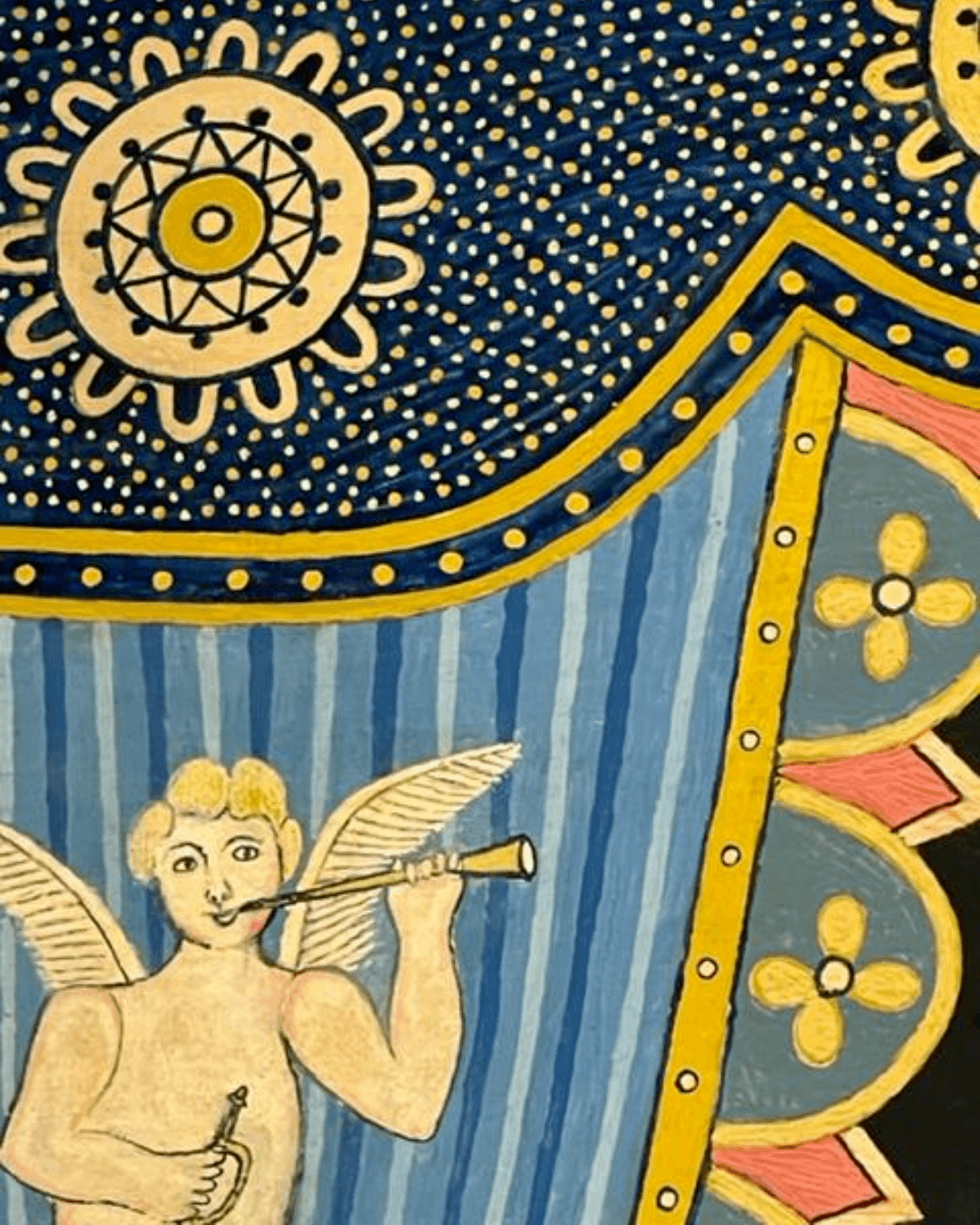Torah Study Date
Saturday, March 3, 2023
Verses Covered
Exodus (Sh’mot) 3:15-19
Next Session
Saturday, March 11, 2023
Starting at Exodus 3:20
Last week, we discussed YHVH saying to Moses that “this” will be his name forever and wondered to which name he was referring. The most likely name in context seems to be “YHVH” but hadn’t YHVH said his name was “Ehyeh Asher Ehyeh” or “Ehyeh”? This precipitated a return to our discussion of the different names. We noted that “Ehyeh” is first person while “YHVH” is third person, that the former is imperfect and the latter, presumably, a kind of future due to the “Y” but that both are variations on the verb “to be.” We noted the interesting combination of personal (God of your fathers) and impersonal (being). We discussed that YHVH was not a god of a place so needed a term like “being” (or something similarly not concrete) so that YHVH could be a god of any place/all places. We considered the possibility that the repetition in “Ehyeh Asher Ehyeh” is either for emphasis or for contrast (I am what I am; or, I am whatever I am aiming at being). We felt somewhat satisfied that we had discussed many of the numerous ways of thinking about the names.
We noted God telling Moses to assemble the elders of Israel and wondered who in fact would be assembled. First of all, men, not women. Second, probably elder heads of tribes (or else there would be too many to assemble). We noted YHVH telling Moses, who was not accustomed to being in a leadership position, that they would listen to him (or, more specifically, listen to his voice). We noted God’s instruction to Moses to tell the King of Egypt that the Israelites wanted to go into the wilderness for three days to sacrifice to their god, YHVH. Then we discussed YHVH saying either that he knew the king of Egypt would not let them go despite their mighty hand or that he knew the king of Egypt would not let them go except for their mighty hand. We were not sure if the two nots in the sentence made an idiom that amounted to except or if they simply meant not. We very briefly discussed the contrast between the king having free will and YHVH knowing what he would do (is it a contradiction? is it like a parent giving a child a choice even though they have a pretty good idea what the child will do? is there even a concept of “will” in Torah since not all thinkers or cultures have such a concept?).
Our artwork for this week is by U.S. American Jewish folk art painter, Morris Hirshfield (1872-1946), Moses and Aaron (above), and Angel (below). From Poland, Hirshfield was a manufacturer of women’s coats, suits, and bedroom slippers who became a self-taught artist. He was recently featured at New York’s American Folk Art Museum in an exhibit titled Morris Hirshfield Rediscovered. He had been featured in a one-artist show at the Museum of Modern Art in New York in the past and was well-regarded by the surrealists. Moses and Aaron is Hirshfield’s take on a common Moses-and-Aaron plaque. Though it is a painting, it almost looks like a textile, perhaps showing the influence of Hirshfield’s time in the garment business.


